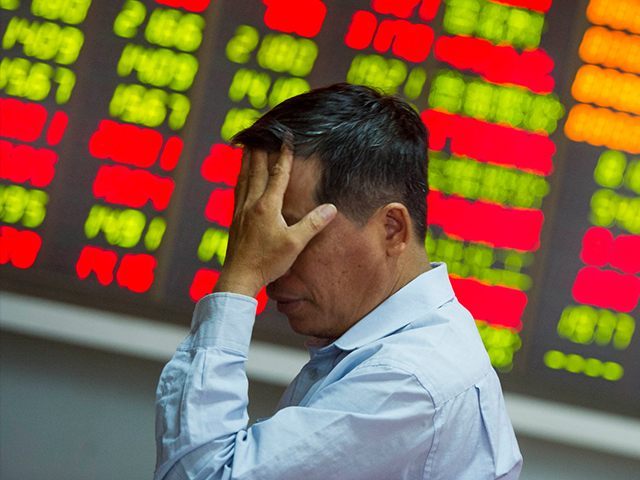Andrew Walker at the BBC reports:
A slump in Chinese shares has prompted stock markets across Asia, Europe and the US to fall sharply. Why is this so significant?
What’s behind the fall in China?
The wider story is that China’s economic growth is slowing and there are concerns that the transition to a slower and more sustainable rate of growth might be disruptive.
That was true of the period of several weeks of volatility the market experienced after it peaked in June last year.
It’s true this time too and the link is perhaps rather more direct now.
Why? Because the immediate sparks for the latest bout of instability were warning signs about the wider economy.
The first day when trading was suspended, figures showing a continued decline in manufacturing were one of the factors that set things rolling downhill. On the second day of suspension it was the sliding currency which raised concerns about whether it was a sign that the economy was slowing down more sharply than thought.
What does this mean for the rest of the world?
The direct financial impact of lower share prices in China is moderate. There is not enough foreign investment in the Chinese market for it to be a major problem. The London consultancy Capital Economics has said foreigners own just 2% of shares
The issue is more about whether the financial turbulence shines a light on wider issues about the economic slowdown in China: is the economy heading for what’s called a “hard landing”, too sharp a slowdown?
China is now such a big force in the global economy that it would inevitably affect the rest of the world. It is the second largest economy and the second largest importer of both goods and commercial services.
Read the rest here.

COMMENTS
Please let us know if you're having issues with commenting.